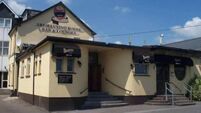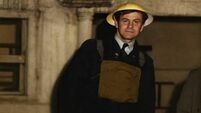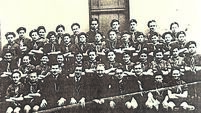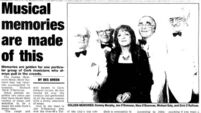Hopes for peace as Dev calls truce in Civil War, and ‘informer’s hair cut off
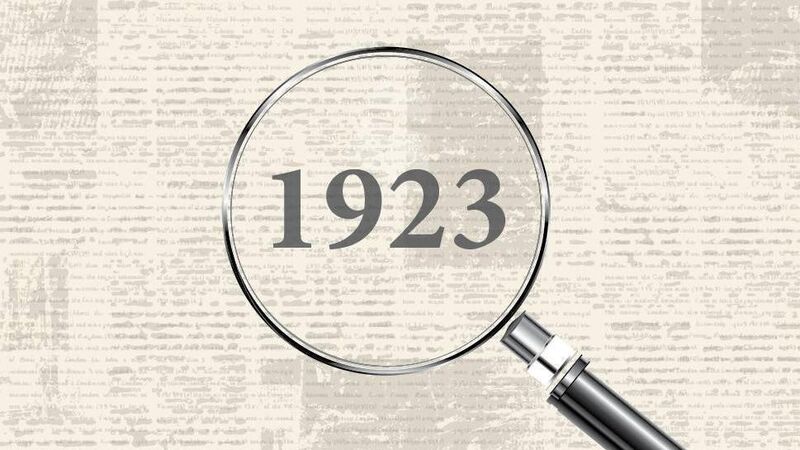
Echoes of Our Past.
THERE has been a dramatic development towards peace, the Echo reported 100 years ago today, on April 28, 1923.
Éamon de Valera announced “as evidence of our good will, our Army Command is issuing herewith an order to all units to suspend aggressive action. The order to take effect as soon as may be, but not later than noon on Monday, April 30.”
However, the inclination of the Free State Government seems to be to ignore Mr de Valera’s latest contribution to the move for peace. Its stance on unconditional surrender is unaltered and the proclamation is unlikely to be considered by the Cabinet until after the weekend.
The suspension of Irregular hostilities without direct reference to the Government will not be regarded as a truce preparatory to negotiations.
The news that forces opposing the Free State Government have decided to cease offensive action on Monday is causing great interest and excitement.
At some of the Cork theatres, the welcome news was conveyed to the audiences and the manner in which they expressed their feelings left no room for doubt. Others made anxious enquiries at the Cork Examiner office to obtain confirmation.
The hope is expressed on all sides that permanent peace in Ireland will result.
A sensational occurrence is reported from Cloghduv, Crookstown Co. Cork.
At about 7pm on Tuesday, two men entered the residence of Fr Murphy C.C. and proceeded directly to the kitchen. There they found the priest’s housekeeper, Anne White, a woman of advanced years. She was ordered out at the point of a revolver and brought in a car to an unoccupied house five or six miles away.
The hour being late and her strength failing, she sought refuge in a house along the way. She was treated hospitably and brought back to Cloghduv the next day by car. The reasons for the outrage are not clear but it is suggested she gave information to Canon Tracey on the movements of the Irregulars.
Canon Tracey is prepared to make an affidavit that in his 11 years in the parish, no such thing has ever occurred.

Cork Corporation discussed the slow pace of the city’s reconstruction. Sir John Scott said the Corporation itself was the greatest offender against it.
A decree for £134,000 had been received, with a portion for putting up temporary premises, yet not £1 had been expended.
Instead of constructing and reconstructing, the Corporation had demolished and pulled down what was very valuable property for the city.
“If people would only do what I tell them when I tell them,” Sir John said to laughter, “there would be scarcely a tradesman idle in Cork.”
Mr O’Riordan said: “You are a wonderful genius”, and Sir John replied to more laughter: “Will you kindly tell us something we don’t know.”
Sir John continued by saying the city’s large shops were more anxious to get on with the work than members of the Corporation. Mr Barry told him: “Sir John should not throw any disparagement on the Corporation or the Reconstruction Committee”. Chairman said: “Don’t take Sir John so seriously.”
London awoke this morning to find herself in the throes of football fever. Lancashire legions poured into the city from special trains all through the night and throngs bustled outside Wembley Stadium waiting for the gates to be thrown open at 11.30am. Others occupied the morning seeing the sites of London with excitement and animation.
Men with megaphones marshalled the huge crowds at the Stadium as the bands of the Irish and Grenadier Guards attempted to entertain.
The touch lines of the pitch were quickly breached with mounted policemen shepherding people back and the ambulances busy with fainting cases.
(This was the famous ‘white horse FA Cup final’, the first at Wembley, in which one mounted policeman was responsible for much of the pitch clearance. There were an estimated 200,000 people present on the day as Bolton Wanderers beat West Ham United 2-0).
